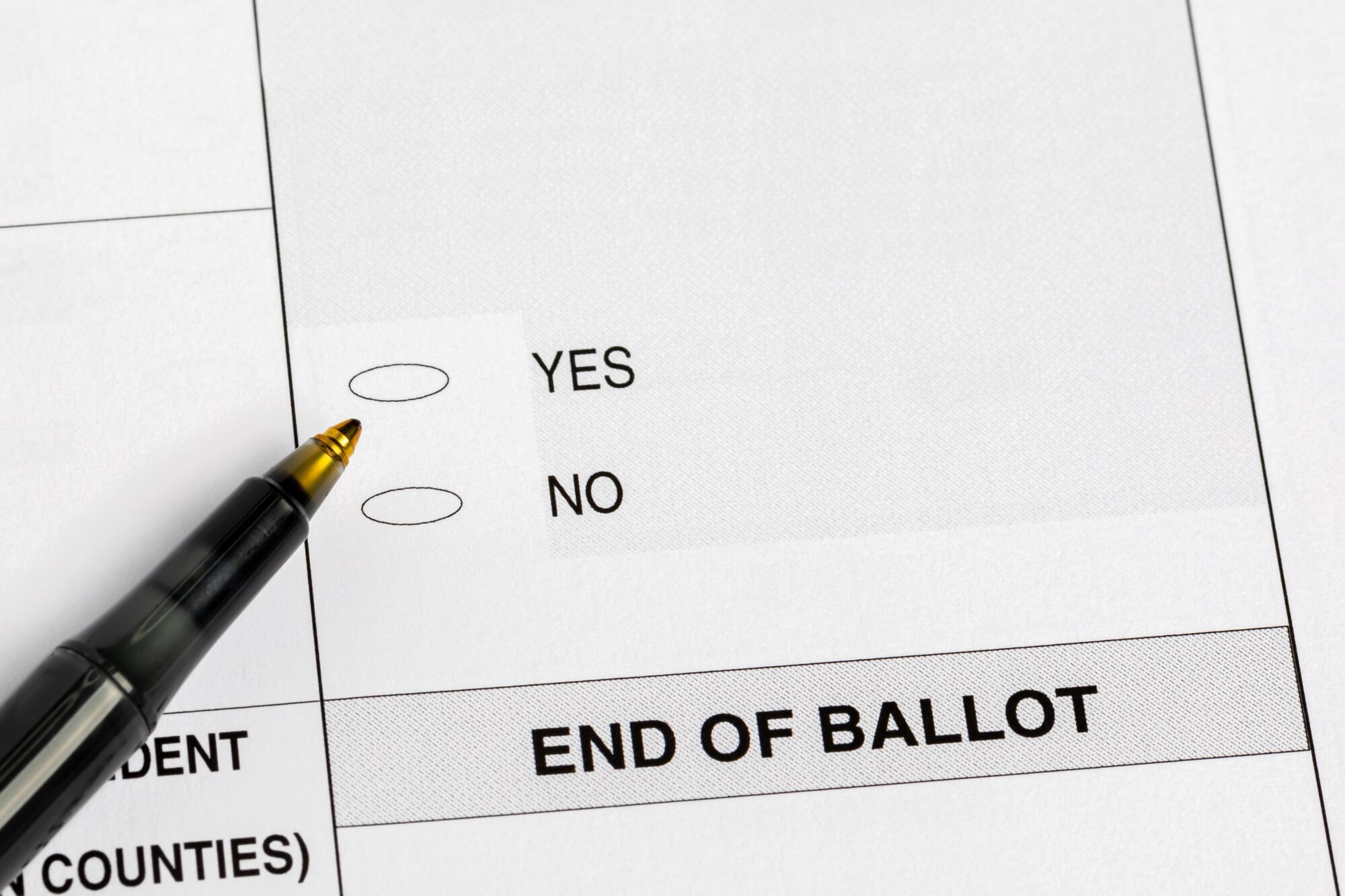
U.S. District Judge Henry Wingate smiles on Aug. 19, 2022, in Jackson, Miss. Wingate ruled Thursday, June 1, 2023, that the Mississippi chief justice cannot be a defendant in a lawsuit that challenges a state law dealing with appointed judges. (AP Photo/Rogelio V. Solis, File)
- The NAACP now says they “are heartened by reports that the CCID Court will be established with appropriate safeguards for Jackson’s residents.”
U.S. District Court Judge Henry Wingate has granted the voluntary dismissal of the case brought by the NAACP in April 2023 challenging the constitutionality of H.B. 1020.
Lawmakers backing the legislation contend that the new state-run court system and expansion of the Capitol Police’s jurisdiction in the Capitol Complex Improvement District (CCID) will assist in fighting crime and clearing backlogs in the capital city. Opponents have claimed the appointed judges infringed on residents’ right to representation.
The NAACP now says “appropriate safeguards” are in place to ease their concerns.
Attorneys for the NAACP wrote in a memorandum for their motion to dismiss on December 2nd that the plaintiffs “are heartened by reports that the CCID Court will be established with appropriate safeguards for Jackson’s residents, and have decided to drop their challenge to the manner of appointing officials to serve that court.”
The NAACP’s motion requested that it be granted without prejudice as to all defendants, including Chief Justice Mike Randolph who Judge Wingate had previously dismissed from the case with prejudice citing judicial immunity.
Wingate took issue with the request related to Randolph, saying the NAACP showed a pattern of circumventing his ruling. The judge said if they attempted such a move again regarding the Chief Justice it would be viewed as “deliberate misconduct.”
“The Chief Justice is no longer a party to this lawsuit. He has been dismissed from this lawsuit long ago. Accordingly, this court need not address whether Plaintiffs’ voluntary dismissal against the Chief Justice should be ‘with or without prejudice’ because this court already has dismissed the Chief Justice, and all claims against him, with prejudice, under the Doctrine of Judicial Immunity,” Wingate wrote. “Nonetheless, because the Plaintiffs have shown a pattern of circumventing this court’s ruling regarding the Chief Justice’s dismissal, this court is forced to repeat itself yet again: Michael K. Randolph, in his capacity as the Chief Justice of the Mississippi Supreme Court, performing judicial acts, is, and has been, DISMISSED WITH PREJUDICE from this action for all purposes. Any further attempt by the Plaintiffs to ignore this court’s judicial immunity ruling shall be viewed as deliberate misconduct.”
As for the other defendants in the case, Judge Wingate granted the NAACP’s motion, writing, “Plaintiffs’ Motion for Voluntary Dismissal is GRANTED as to the remaining Defendants. These remaining defendants are: Sean Tindell, in his official capacity as Commissioner of Public Safety; Bo Lucky, in his official capacity as Chief of Mississippi Department of Public Office of Capitol Police; and Lynn Fitch, in her official capacity as Attorney General of the State of Mississippi.”
In granting the dismissal motion without prejudice, the NAACP could refile the lawsuit at a later date.
The lawsuit drew the attention of the U.S. Department of Justice which intervened in the case in July 2023, alleging that H.B. 1020 violated the Equal Protection Clause of the Fourteenth Amendment based on race.
“Mississippi state lawmakers have adopted a crude scheme that singles out and discriminates against Black residents in the City of Jackson and Hinds County,” said Assistant U.S. Attorney General Kristen Clarke of the Justice Department’s Civil Rights Division. “Our complaint alleges that Mississippi has violated the U.S. Constitution by creating a new, two-tiered system of justice – which erodes the authority of Black elected local officials and creates a new system to be led by judges and prosecutors hand-picked and appointed by state officials. This thinly-veiled state takeover is intended to strip power, voice and resources away from Hinds County’s predominantly-Black electorate, singling out the majority Black Hinds County for adverse treatment imposed on no other voters in the State of Mississippi”
Assistant U.S. Attorney General Clarke went on to say that the department’s Civil Rights Division remains committed “to identifying and challenging all acts of discrimination targeting Black communities.”
In arguing against a request for a preliminary injunction before Judge Wingate in December 2023, counsel for the defense said the plaintiffs have not shown any real or imminent threat of harm to themselves as required by law.
“They haven’t shown that they face any imminent danger of being prosecuted by the CCID court,” said Rex Shannon, representing the Attorney General’s office. “The plaintiffs here have not shown that any of them have been personally subjected to a discriminatory treatment by the CCID court which does not exist yet.”
Shannon argued at the time that crime in the capital city is a problem that the state legislature has a right to address.
Wingate denied the preliminary injunction sought by the NAACP and the Fifth Circuit Court of Appeals upheld the ruling in January 2024.
As previously reported, the three-judge panel denied the emergency motions for an injunction pending the appeal and ended an administrative stay that was placed on the CCID Court’s implementation, which was originally set for January 1st. That stay had prolonged the implementation until January 5th at noon.
The judicial panel found that assuming the court would be “less accountable” relative to other courts in the area does not indicate that groups have suffered actual and imminent injury to interests protected by the Constitution.
“The challenged legislation creates a new CCID court, staffed with a newly appointed judge and newly appointed prosecutors. Plaintiffs have not shown that H.B. 1020 alters or affects — in any way — the method of appointment for any municipal court in Jackson. Nothing has been taken away from Jackson’s local governing authority,” said the panel.










